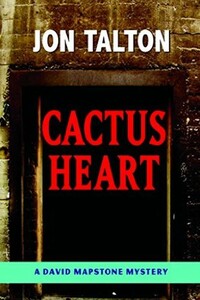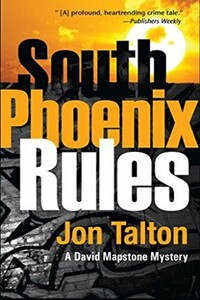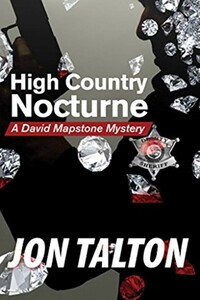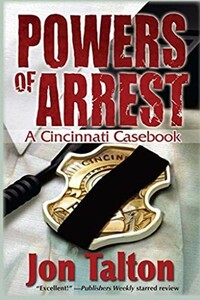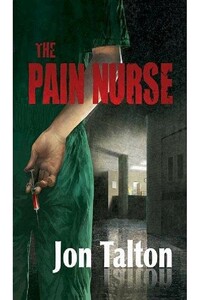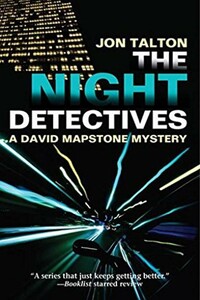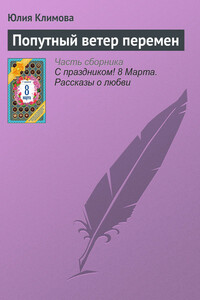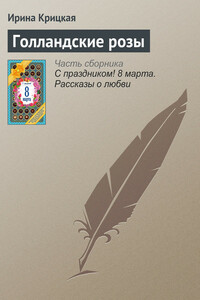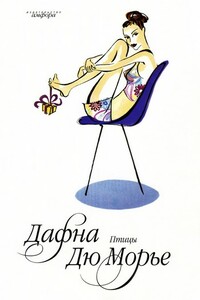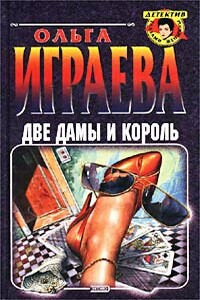Throughout history, the desert has been a place of trial, penance, and hard-won revelation. God lives in the desert. But Satan does, too. In the American West, conquistadors and cowboys were tested, and often broken, by the desert. Its vastness hid no cities of gold. Its implacable heat and drought were hostile to the white man’s crops and cattle. Even as the frontier disappeared, the Sonoran Desert remained a wild and unknown place, the home of strange gods, a waterless world of danger and mystery.
But now it is the turn of the third millennium, and the desert in this far corner of the Far West is air conditioned, irrigated, and comfortably crisscrossed by interstate highways and transcontinental air routes. It is the prosperous, high-tech engine of the New Economy. Even the Indians are in business. It is a playground for beautiful people: a tan, happy place of endless second chances and easy redemption. Sometimes, late at night after Lindsey has fallen asleep, I wonder if we can change the order of things so easily. But it’s the kind of thought that’s gone by morning.
It was the third week of November, the best time of year in Phoenix. The days were mild and sunny, the nights wrapped in the enchanted dry clarity that made the mountains stand out blacker than the dark sky. Although the tourists and snowbirds were arriving in force, traffic didn’t seem too bad. Arizona State University had a good shot at the Rose Bowl. The newspaper even seemed to take a holiday from the day-after-day recounting of drive-by shootings and rapes and drug murders. It was the time of year when you could almost forget the noonday heat of July and say, yes, this is paradise.
I was in-between cases, having just uncovered new evidence in a thirty-year-old jewelry store robbery, which, for the moment, satisfied my boss, Maricopa County Chief Deputy Mike Peralta. That’s what I did: researched unsolved crimes that had fallen into the memory hole of the law-enforcement bureaucracy. They called me a consultant, but I also carried a deputy sheriff’s star.
A year ago, I had been teaching history at a university in San Diego. But that was a year ago. Now I was back home in Phoenix, a place I never thought I would be again, living in the stucco house just north of downtown that had been built by my grandparents. Now it was just home to me and too many books and, sometimes, Lindsey Faith Adams.
On Monday night, the Peraltas took us out to a big Mexican dinner at the Tee Pee, and then downtown to America West Arena, the “Purple Palace” the locals called it, where we watched the Phoenix Coyotes squeak by Toronto, 3-2. Peralta had been trying hard to become a hockey fan since the NHL had come to town and the Suns had traded Barkley. And he had been looking longingly at the new ballpark next door for the Diamondbacks. But this night had also been business: Several times during the game, he had buttonholed a county commissioner or state legislator sitting nearby, or had been glad-handed by a moon-faced Republican fund-raiser. Peralta denied that he wanted to run for sheriff next year.
After the first period, Peralta and I made a food run-Sharon wanted a carrot-and-celery pack and Lindsey craved nachos. But on the way to the concession stands we nearly collided with Bobby Hamid coming out of the men’s room. Bobby Hamid is one of the nastier scumbags in the entrepreneurial world of Phoenix organized crime, and when he barely avoided slamming into us, I caught something scary and primal in his eyes. Then he dropped back into character and smiled, as comfortable as the black Halston suit he was wearing.
“Chief Peralta,” he said. “And the history professor, Dr. Mapstone.”
Peralta put on his cop face, something that had its own frightening aspect, all beefy jowls and black eyes perched atop a two-hundred-fifty-pound frame. “Come to blow up the building, Bobby? Fight the jihad for your Arab brothers?”
Bobby Hamid chuckled. “Always the bigot, Chief Peralta.” He seemed like a man chatting at a cocktail party as the spectators passed on either side of us, laden with food and Coyote memorabilia. He was moussed, manicured, and did not look like a hockey fan, even in Phoenix. “As you well know, I am a Persian who is now an American citizen, and as Dr. David Mapstone knows,” he smiled mockingly at me, “Persians are the inheritors of a great and ancient civilization, and we have a very complicated history with the Arabs.”
